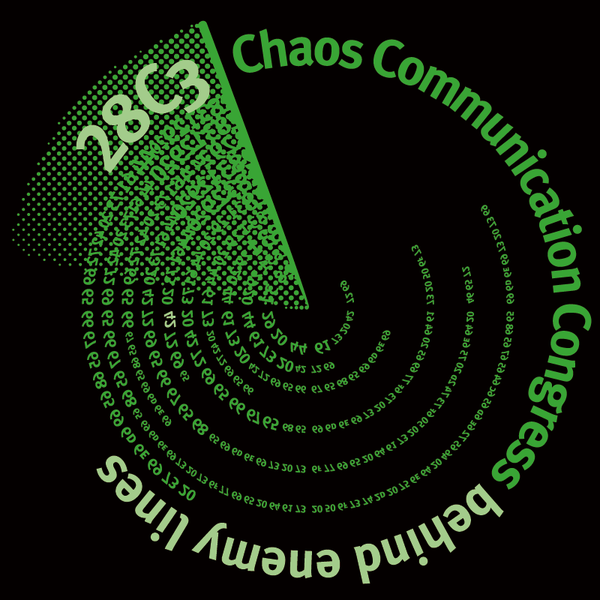28c3 Berlin
PainStation, an interactive art project developed since 2001 by German artists Volker Morawe and Tilman Reiff, introduces a new form of interaction and competition in computer games. It consists of a table console for two players, who confront each other in the first-generation arcade game Pong (1972), a simple tennis game in which each player must intercept a bouncing ball and send it back to the opponent. In order to play, the participants hold a controller with the right hand, while resting their left hand on a metallic panel. This hand will suffer from electroshocks, heat, or a whiplash every time the ball is not returned. The player could avoid the punishment by drawing back the hand, but this would mean losing the game, that is indeed a competition, in which each participant tries to beat the opponent not only by returning the ball but also by enduring the pain.
The artists describe the PainStation as an "Enhanced Duelling Artefact" (Morawe & Reiff, 2001, p. 1), a virtual face-off with physical consequences seen by many as the ultimate gaming experience. Indeed, the artwork has met with great success in numerous game conferences and media art festivals over the last years, receiving the Honorary Mention at the Ars Electronica Festival in Linz (2002) and the International Media Art Award at the ZKM Center in Karlsruhe (2003). At every event, the machine captivates the attendees and some even play for so long they have to be asked to stop due to too severe injuries. There's usually a crowd gathered around the two players, turning the game into what could be compared to a street fight, a boxing match or any other sort of duel. Competition in this game goes beyond the screen, involving the participants at a more personal (and physical) level. Their selfesteem is more deeply affected as they are not acting through an avatar and constrained by the abilities of a fictitious character, but putting their own physical endurance to test, and doing so in front of others. Yet, the experience is in most cases perceived as fun and addictive. The players do not seem intimidated, nor feel attacked, but on the contrary, they are eager to play again, particularly with friends -- some trying to beat the highest score or improve their own performance.

